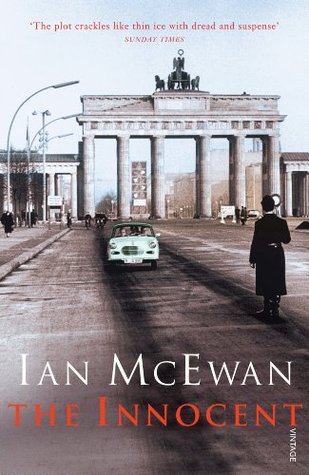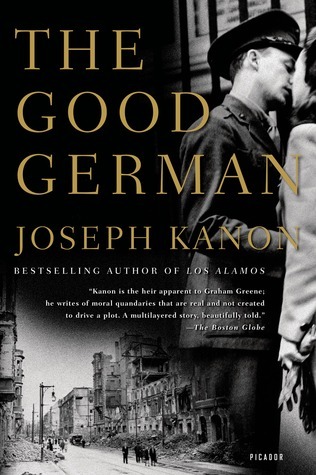
The Reader
Book Description
A forbidden affair ignites the flames of passion and secrecy between a young boy and a mysterious woman, setting in motion a powerful exploration of love, guilt, and the shadows of history. As their relationship unfolds amidst the backdrop of post-war Germany, the haunting question of morality rises, leaving scars that linger long after the last embrace. When dark truths surface, their bond is put to the ultimate test, revealing the complicated intersections of intimacy and betrayal. Can the past ever truly be reconciled with the present, or will it forever linger like an unspoken promise?
Quick Book Summary
"The Reader" by Bernhard Schlink is a poignant exploration of love, guilt, and the legacy of the Holocaust. The novel follows Michael Berg, a fifteen-year-old boy in postwar Germany, who embarks on a passionate, secret relationship with an older woman named Hanna Schmitz. Their affair is marked by Hanna’s insistence that Michael read aloud to her, creating a deep yet mysterious bond. Years later, Michael, now a law student, attends Hanna’s war crimes trial and discovers her hidden past as a Nazi guard. Faced with the moral complexities of Hanna’s actions and his own feelings, Michael struggles with issues of complicity, forgiveness, and historical responsibility. Schlink’s evocative narrative raises profound questions about the burdens of history and the possibility of redemption.
Summary of Key Ideas
Table of Contents
Forbidden Relationships and the Nature of Love
In postwar Germany, teenage Michael Berg becomes ill and is helped by Hanna Schmitz, a woman twice his age. The two begin a clandestine affair defined by secrecy and intense intimacy. Central to their relationship is Hanna’s request that Michael read to her before each encounter. Their connection is vivid and consuming, but it comes to an abrupt end when Hanna suddenly disappears from Michael’s life without explanation, leaving him emotionally scarred and filled with questions.
Memory, Guilt, and the Legacy of History
Years pass, and Michael embarks on his studies in law, but he remains haunted by memories of Hanna. During a trial seminar, he observes a Holocaust-related war crimes trial in which Hanna is a defendant. Michael is shocked to learn she was a former SS guard at a concentration camp and is accused of horrific crimes. Through the trial, he uncovers difficult truths about Hanna’s past and the moral failures of her generation, confronting the intersection of personal affection and historical atrocity.
Literacy, Shame, and Power Dynamics
As the trial unfolds, Michael makes a crucial discovery—Hanna is illiterate, a fact she hides even at great personal cost. Hanna’s inability to read or write profoundly influences her life decisions, including her role at the camp and her acceptance of disproportionate blame during the trial. Michael grapples with whether to reveal Hanna's secret, knowing it could alter her fate, but is paralyzed by emotional and ethical dilemmas. This revelation deepens the story’s exploration of shame, vulnerability, and power.
The Complexity of Moral Judgment
The novel probes the complexities of guilt, both personal and collective. Michael contends with his feelings of complicity, shame, and the inability to reconcile his affection for Hanna with her participation in monstrous acts. Schlink delves into Germany’s process of confronting the Holocaust, presenting a generation’s struggle to make sense of their parents’ actions and to judge them with clarity or compassion. The difficulty of assigning blame and understanding responsibility remains a central theme throughout.
The Search for Healing and Redemption
In the aftermath of the trial, Michael processes his pain, ultimately seeking a form of healing. He records himself reading books onto tapes and sends them to Hanna in prison, attempting to bridge the chasm their shared secret created. The story closes as Michael reflects on loss and the indelible impact of love tainted by tragedy and history. "The Reader" poses enduring questions about whether redemption is possible and if one can ever truly atone for the past.
Download This Summary
Get a free PDF of this summary instantly — no email required.





